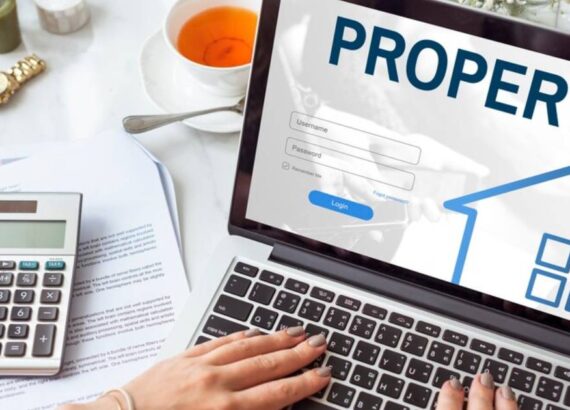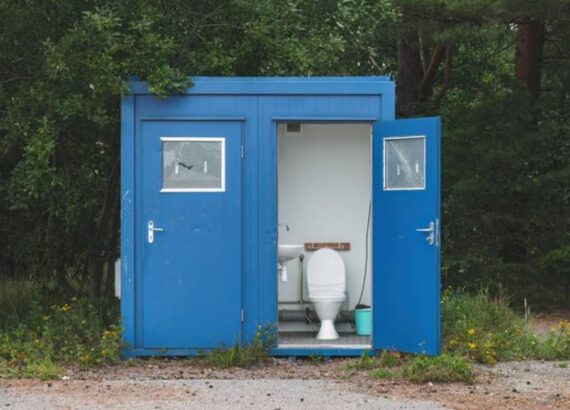Mortgage with Bad Credit: How to Secure Financing

Securing financing for a mortgage with bad credit can be a daunting task, but it’s not impossible. Despite the challenges, there are avenues available to help individuals with less-than-ideal credit histories achieve their dream of homeownership.Navigating the process begins with understanding the implications of bad credit on mortgage eligibility. It’s essential to grasp how credit scores influence lending decisions and the potential barriers they present. Fortunately, awareness of these challenges allows individuals to proactively address them.
Despite the hurdles, there are strategies to improve creditworthiness and increase the likelihood of mortgage approval. By focusing on enhancing credit scores through responsible financial habits, borrowers can enhance their prospects for securing favorable loan terms.Furthermore, exploring specialized lenders who cater to individuals with bad credit can offer additional opportunities for financing. These lenders often have tailored products and more flexible eligibility criteria compared to traditional financial institutions.
Ultimately, while obtaining a mortgage with bad credit may require extra effort and diligence, it’s achievable with the right approach. This guide aims to provide insights and practical advice to empower individuals with bad credit to navigate the financing process successfully.
Understanding Mortagage with Bad Credit
Understanding bad credit is crucial when seeking a mortgage. It involves comprehending the factors affecting creditworthiness and potential red flags. Analyzing credit reports reveals payment history, debts, and credit inquiries. Low credit scores result from missed payments, high debt-to-income ratios, or bankruptcy. Lenders assess risk based on credit history, impacting loan eligibility and interest rates. Familiarity with credit scoring models aids in identifying areas for improvement. Consistently monitoring credit reports helps track progress and detect errors. Understanding the impact of credit utilization and timely payments is essential for improvement. Seeking professional guidance can provide insights into rebuilding credit effectively. Developing a strategic plan to address negative marks and debt can gradually enhance creditworthiness. Overall, comprehending the nuances of bad credit empowers individuals to take proactive steps towards securing financing.
Importance of Mortgage with Bad Credit Scores
Credit scores play a pivotal role in securing financing for a mortgage, especially when dealing with bad credit. Lenders rely on these scores to assess an individual’s creditworthiness. A higher credit score typically signifies a lower risk for lenders, making it easier to qualify for favorable loan terms. Conversely, lower credit scores may lead to higher interest rates, stricter eligibility criteria, or outright rejection of the mortgage application.
Maintaining a good credit score demonstrates financial responsibility and reliability to potential lenders. It reflects a borrower’s history of managing debts and making timely payments. A positive credit history can significantly enhance one’s chances of securing financing at competitive rates. Conversely, a poor credit score can limit borrowing options and result in higher costs over the life of the loan.
To improve credit scores, individuals can take proactive steps such as paying bills on time, reducing outstanding debts, and regularly monitoring their credit report for errors. Additionally, diversifying credit types and avoiding frequent credit inquiries can positively impact credit scores over time. Understanding the importance of credit scores empowers borrowers to take control of their financial health and increase their chances of securing financing, even in challenging circumstances.
Challenges of Obtaining a Mortgage with Bad Credit
Securing a mortgage with bad credit poses significant challenges. Lenders may perceive you as a higher risk borrower due to your credit history. Consequently, you may face limited options and higher interest rates. Despite this, many lenders specialize in bad credit mortgages, though the terms may be less favorable. Additionally, you might encounter stricter requirements, such as larger down payments or additional documentation.
Furthermore, your options for loan types could be limited, with fewer choices available compared to borrowers with good credit. Meeting the eligibility criteria for these loans might demand a stronger financial position than traditional mortgages. Moreover, the application process may be more rigorous, requiring thorough documentation and scrutiny of your financial history. As a result, it’s crucial to be prepared for potential delays or denials during the approval process. Nevertheless, with perseverance and strategic financial planning, it’s possible to overcome these challenges and secure a mortgage that meets your needs, even with bad credit. Engaging with specialized lenders and actively working to improve your credit score can greatly enhance your chances of success in obtaining financing for your home.
Options for Securing Financing
When facing the challenge of securing financing for a mortgage with bad credit, there are several options available. One avenue to explore is seeking assistance from specialized lenders who cater to individuals with less-than-ideal credit histories. These lenders often have programs specifically designed to accommodate borrowers with lower credit scores, offering more flexible terms and requirements compared to traditional lenders.
Another option is to consider a government-backed loan program such as FHA (Federal Housing Administration) loans. These loans are insured by the government, making them more accessible to borrowers with lower credit scores and requiring smaller down payments than conventional loans.
Additionally, exploring alternative financing options like private lenders or credit unions can provide alternative routes to securing a mortgage. These institutions may be more willing to work with borrowers with bad credit, especially if they have a strong financial history in other areas.It’s also worth exploring the possibility of a co-signer for the mortgage, someone with a strong credit profile who is willing to take on responsibility for the loan alongside the primary borrower. This can help offset the risk for lenders and improve the chances of approval.
Improving Your Mortgage with bad Credit Score
Improving your credit score is crucial when seeking a bad credit mortgage. Start by obtaining your credit report to identify any errors or discrepancies. Dispute inaccuracies promptly to ensure your report reflects your true financial history. Additionally, focus on paying off outstanding debts and bills on time to demonstrate responsible financial behavior. Keep credit card balances low and avoid opening new accounts, as these actions can negatively impact your score. Set up automatic payments or reminders to avoid missing deadlines, which can harm your credit. Consider consolidating debt or negotiating with creditors to create manageable repayment plans. Furthermore, diversify your credit mix by responsibly utilizing different types of credit, such as installment loans and credit cards.
Regularly monitor your credit score and take proactive steps to address any fluctuations or declines promptly. Finally, be patient and persistent, as improving your credit score takes time and dedication but can greatly increase your chances of securing financing for a mortgage.
Finding Lenders Specializing in Bad Credit Mortgages
Finding lenders specializing in bad credit mortgages can be challenging but crucial for individuals with less-than-perfect credit scores. Start by researching online or asking for recommendations from friends or family members who have faced similar situations. Look for lenders who explicitly advertise their willingness to work with borrowers with bad credit. Once you have a list of potential lenders, carefully review their eligibility criteria, interest rates, and fees. Contact each lender to inquire about their specific requirements and the application process.
Additionally, consider working with a mortgage broker who has experience helping clients with bad credit find suitable loan options. Mortgage brokers have access to a network of lenders and can negotiate on your behalf to secure the best possible terms. Be prepared to provide documentation of your income, employment history, and any assets or savings you may have. While securing a mortgage with bad credit may require a higher down payment or result in higher interest rates, it is still possible to find lenders willing to work with you. With perseverance and thorough research, you can find a lender specializing in bad credit mortgages who can help you achieve your homeownership goals.






